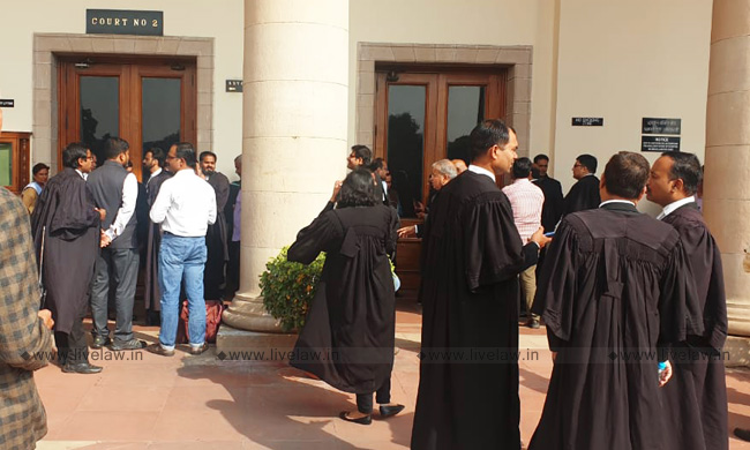Whether 'AOR', For Purpose Of 2013 SC Rules, Includes Sole Proprietary Firm?: SC To Consider
Mehal Jain
12 Oct 2020 3:43 PM IST

Next Story
12 Oct 2020 3:43 PM IST
"Whether an AOR can have his entry in the AOR register in the form of his style of carrying on his profession: Instead of just "Name" as "Name", Sole Proprietor, Law Chambers of "Name"?", asked the Supreme Court on Monday.The bench of Justices S. K. Kaul and Dinesh Maheshwari was considering a suo motu writ petition on whether "Advocate on Record includes a proprietary firm"."Mr....
